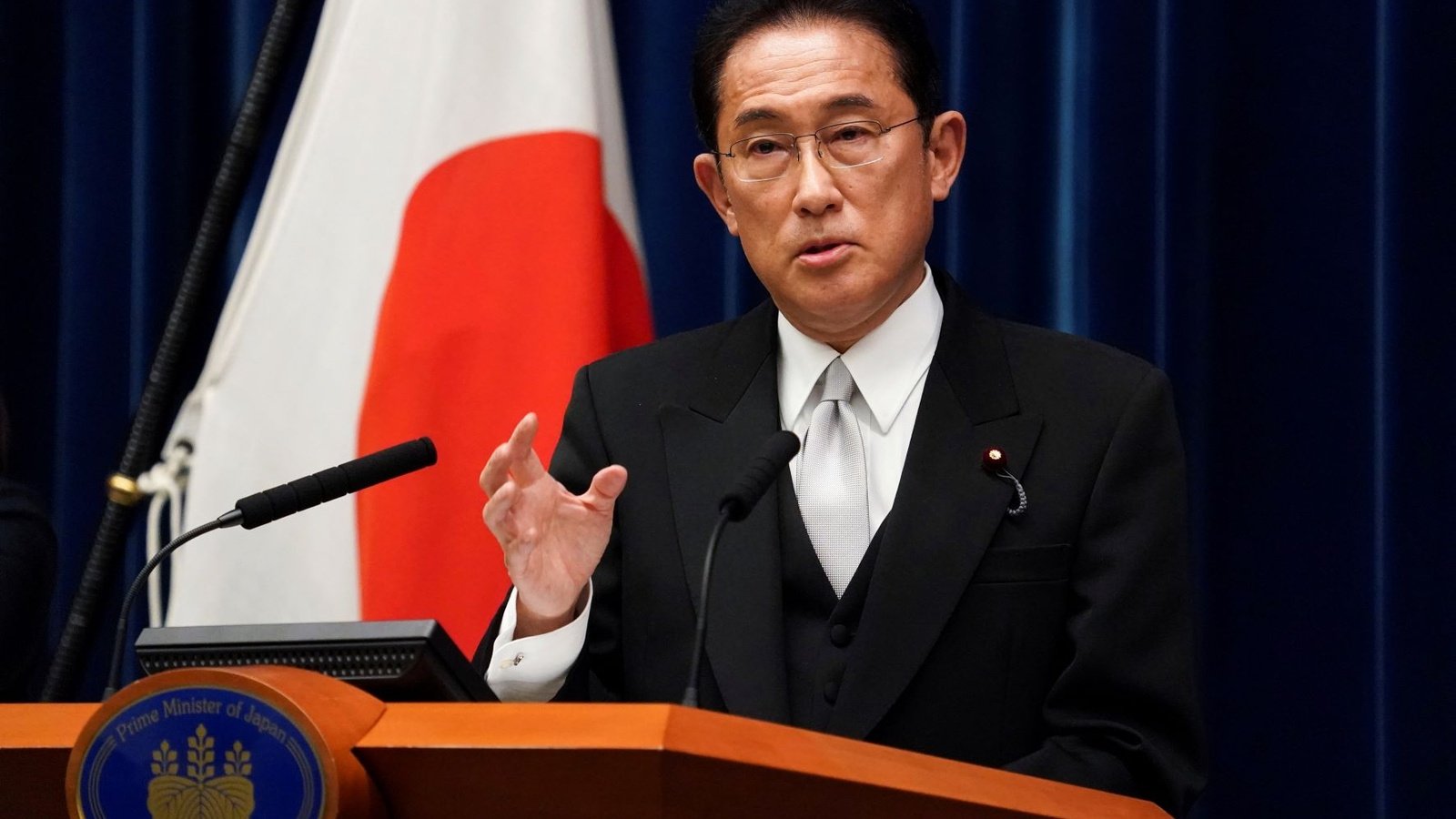Across France, widespread strikes organized by major unions are sending a strong message against government austerity measures, placing significant pressure on President Emmanuel Macron’s administration. Workers from multiple sectors have taken to the streets, highlighting grievances over pensions, wages, and public spending cuts.
The public demonstrations highlight a profound frustration with policies seen as unfairly impacting regular people while protecting economic interests and government budgets. Employees from the public sector, along with transportation staff, educators, and medical professionals have spearheaded protests in major urban areas like Paris, Lyon, Marseille, and Bordeaux, indicating widespread backing for the unions’ requests. These walkouts align with intensified discussions about economic disparity, workers’ rights, and social fairness in France.
The roots of the unrest
The recent wave of industrial action stems from government plans to implement austerity measures aimed at reducing public debt and controlling state spending. Proposed reforms to pension systems, public sector benefits, and social services have sparked widespread discontent. Many unions argue that these measures threaten livelihoods, disproportionately impact lower-income workers, and undermine social protections that have long been hallmarks of the French welfare system.
Economic challenges, such as inflation and the increasing cost of living, have heightened public discontent. Employees believe that austerity measures worsen financial burdens, fostering a climate where strikes and demonstrations are viewed as essential methods to safeguard economic stability. Experts point out that the tradition of labor activism in France is crucial in molding public reactions, as unions utilize strikes as a strong form of negotiation and societal impact.
The administration under Macron has stressed the importance of being fiscally responsible, claiming that changes are crucial for maintaining long-term economic stability. On the other hand, detractors argue that austerity measures may intensify social disparities and diminish public confidence in governmental bodies. The struggle between fiscal caution and social fairness has resulted in a complicated policy environment, making it difficult to reach a consensus both politically and economically.
Scope and impact of the strikes
The strikes have affected a wide range of services, from public transportation and education to healthcare and municipal operations. Airports, rail networks, and urban transit systems have experienced delays and closures, while hospitals report disruptions in routine care. Schools have faced closures or limited operations, leaving families scrambling for alternatives, and public offices have seen reduced availability, affecting administrative processes.
Beyond logistical disruptions, the strikes carry symbolic weight, demonstrating collective resolve and the unions’ ability to mobilize large segments of the workforce. Protest marches, public speeches, and media campaigns amplify the message, attracting international attention and highlighting domestic dissatisfaction with government policies. Economists warn that prolonged industrial action may have short-term economic consequences, yet unions argue that these measures are necessary to prompt meaningful policy reconsideration.
Political implications and Macron’s response
President Macron faces a delicate balancing act as the protests intensify. His administration must navigate public demands, union negotiations, and broader economic objectives while maintaining political legitimacy. A failure to address grievances could erode public confidence, while concessions risk criticism from economic advisors and fiscal conservatives who advocate for strict budgetary discipline.
Macron’s earlier experiences facing public demonstrations, like the Yellow Vest protests, shed light on his strategy. The administration has traditionally employed a mix of dialogue and targeted enforcement actions, attempting to tackle certain issues while not completely giving up on wider reform goals. Within this framework, the present strikes serve as both a challenge in labor relations and an assessment of political leadership and the capacity to balance economic and social priorities.
Union leaders stress that the demonstrations transcend short-term policy changes; they portray the movement as a safeguarding of social unity and entrenched rights. This wider message strikes a chord with citizens who view economic disparity as an ongoing problem, underlining the intersection of labor rights advocacy, civic involvement, and governmental policy. Macron’s management of the scenario might impact domestic sentiment and France’s position within Europe, where economic balance and social unity are under close observation.
Broader social and economic context
The strikes occur against a backdrop of global economic uncertainty, rising inflation, and public concerns about the sustainability of social safety nets. Citizens express frustration over stagnant wages, increasing costs of living, and perceived government inaction to alleviate these pressures. In this environment, labor mobilization becomes a crucial mechanism for voicing discontent and seeking policy change.
Economic experts observe that although austerity could improve governmental budgets, it might also reduce local spending, lower the spirits of public sector workers, and ignite social disorder. Labor strikes and protests act as negotiation tactics and as ways to express community priorities, highlighting the intricate connection between fiscal strategies and public opinion. In France, where labor movements have traditionally influenced laws and societal standards, union involvement still holds a crucial position in affecting policy discussions.
The current mobilization also illustrates generational and regional dynamics. Young workers and students are increasingly participating alongside established unions, bringing renewed energy and visibility to the protests. Regional disparities, including differences in cost of living, employment opportunities, and public service availability, further influence the scope and intensity of demonstrations. These factors collectively amplify the urgency of the strikes and the stakes for the Macron administration.
A difficult time of change
The result of these strikes will probably hinge on current discussions, the government’s readiness to amend policies, and the unions’ capacity to keep up the pressure. Macron’s government confronts the task of aligning financial reforms with societal expectations, making sure that actions are viable while also addressing public needs. Reaching agreements, effective communication, and prompt actions will be crucial in handling both the immediate disturbances and the future effects on social unity.
For observers and citizens alike, the unfolding events highlight the enduring power of collective action in shaping policy and influencing governance. As France navigates this period of unrest, the interplay between economic strategy, labor rights, and public sentiment will continue to define both the political landscape and the broader discourse on social justice and fiscal responsibility. The resolution of these protests will provide valuable insights into the evolving dynamics of labor relations, government policy, and citizen engagement in a rapidly changing economic environment.


